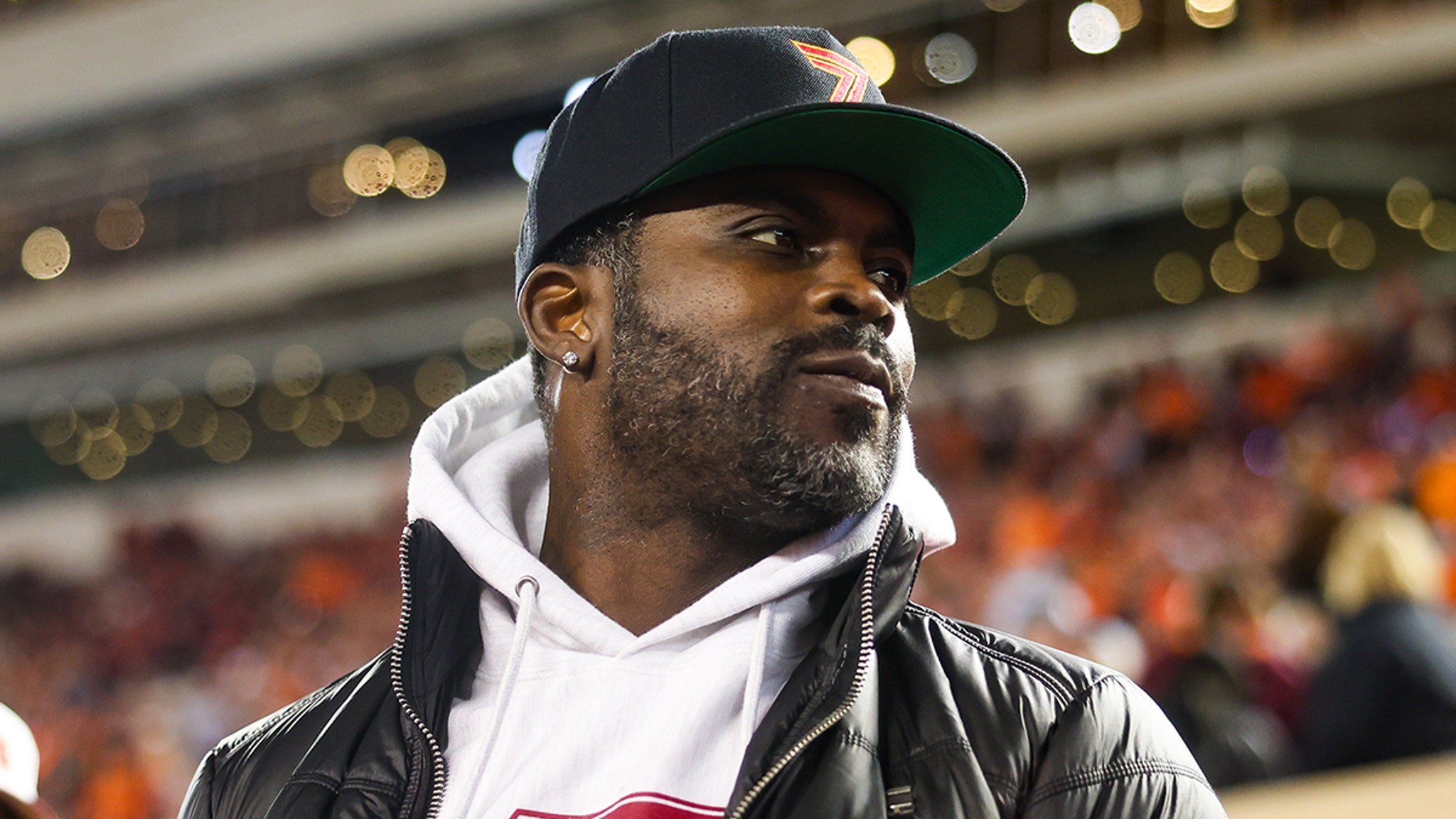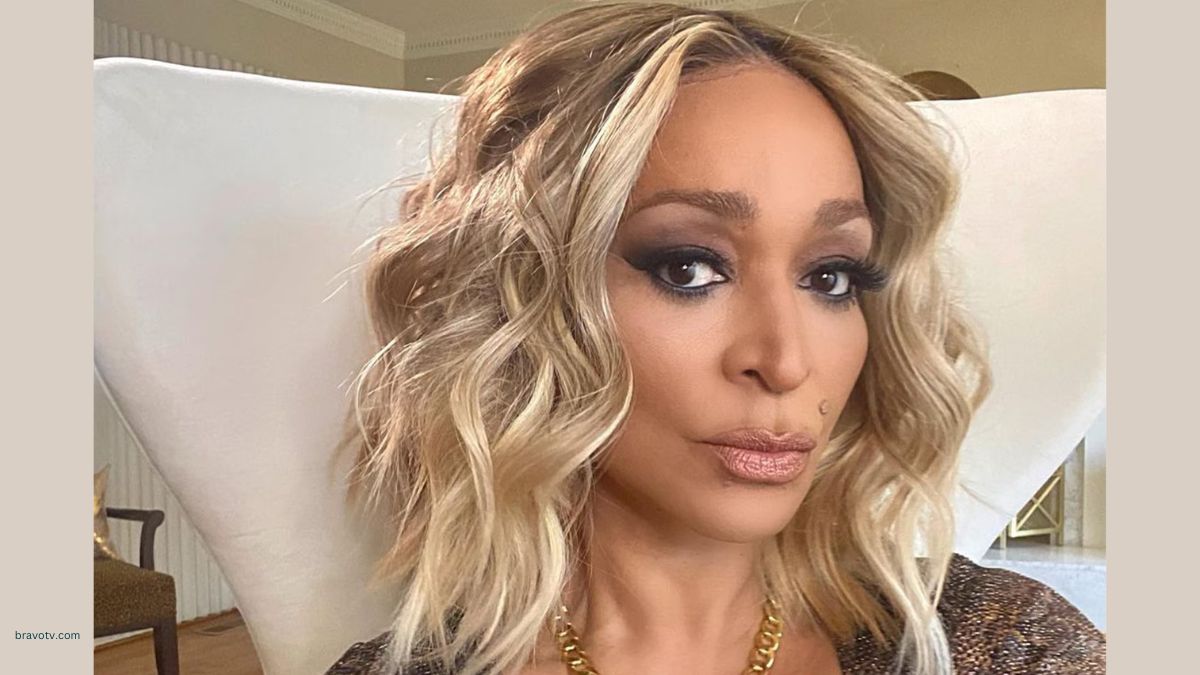Kimberly Williams-Paisley couldn’t speak louder than a whisper for two years due to a “terrifying” health issue.
“I felt trapped in my own body,” the “Father of the Bride” star, 53, told People in a new interview published Wednesday.
Williams-Paisley said she first lost her voice in November 2022 while hosting her annual Alzheimer’s fundraiser, Dance Party to End ALZ, in honor of her late mom.
“I put the mic to my mouth, and nothing came out,” she said. “It was terrifying.”
The “According to Jim” alum initially brushed off the incident as her needing “hot tea and vocal rest,” but was forced to seek more answers as weeks went by and her condition worsened.
She went to a vocal coach, acupuncturist and massage therapist but nothing worked.
In January 2023, at the premiere of her Netflix film “Dog Gone,” Williams-Paisley’s voice was too faint to do interviews.
“I sounded weak, and it’s not how I felt,” she said. “I went into the bathroom and cried, and a couple of friends held my hand.”
Without a diagnosis at the time, Williams-Paisley felt “sad” and struggled with “cycling anxiety thoughts” in the middle of the night and an overall disinterest in life.
However, once she went to the Vanderbilt Voice Center in Nashville, doctors ultimately diagnosed her with muscle tension dysphonia, which she said meant “the muscles in [her] neck were tensing up to help [her] vocal cords hit each other.”
Williams-Paisley first had to get her muscles to unlock because her vocal cords were barely visible.
She tried antidepressants, Invisalign braces, a vegan diet, hypnosis, a psychic and an astrologer.
Williams-Paisley returned to Vanderbilt this past January and doctors could finally see her vocal cords properly, leading them to determine her left cord “wasn’t meeting the right,” possibly as the result of a virus, according to People.
Getty Images for The Michael J. Fox Foundation
“Once I got that diagnosis, my body could relax in a whole new way,” the “Christmas Train” star said. “The shame and blame dissipated. It was largely a technical issue, not something I did wrong.”
In August, Williams-Paisley underwent medialization laryngoplasty which, according to the Cleveland Clinic, is when doctors place “a mesh device into your voice box to move the paralyzed vocal cord closer to the working vocal cord.”
The procedure worked — for the most part — although the actress shared she still can’t “yell down the road” and sounds “a little more raspy” after a long day of talking.
Want more celebrity and pop culture news?
Start your day with Page Six Daily.
Thanks for signing up!
Williams-Paisley also sometimes uses a plastic swan that she holds close to her ear as if she’s listening to a “giant seashell” to amplify her voice and help her hear it better.
“I had to fight to be heard,” the wife of country star Brad Paisley said of her experience. “Now, no matter what my physical voice is, my voice underneath is stronger. I feel more confident. I know myself better.”
Williams-Paisley added, “I feel empowered now. I don’t want to leave things unsaid. I never want to take my voice for granted — and I want to be brave in using it.”




















 English (US) ·
English (US) ·